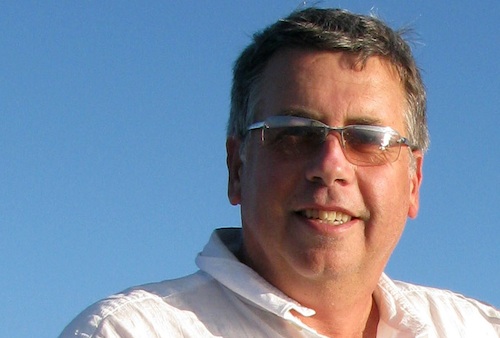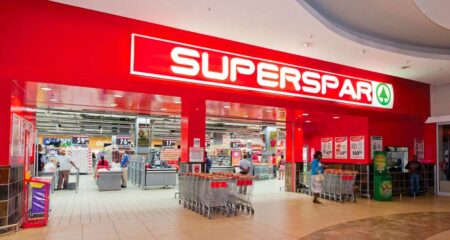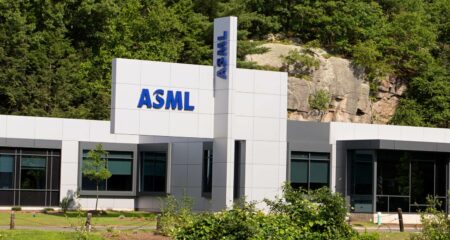
[By Mark Pretorius] South Africans are known for taking unnatural risks every day, they are resourceful and have a healthy can-do attitude. The country has shown a remarkable propensity for innovation on a grand scale in the past – the world’s first heart transplant in Cape Town in 1967, the development (and dismantling) of a nuclear weapons programme in the 1980s and Sasol’s commercialisation of oil-from-coal technologies are a few notable examples. But these are not likely to inspire young entrepreneurs to go out and change the world.
Innovation is the primary engine for economic growth and job creation. The American National Venture Capital Association reported this year that “venture capital-backed companies employed more than 12m people and generated nearly US$3 trillion in revenues. Respectively, these figures accounted for 11% of private sector employment and represented the equivalent of 21% of US GDP during the same year.”
Another perspective is to consider that just three companies, Microsoft, Apple and Google, have a combined market capitalisation greater than SA’s gross domestic product — $530bn compared to $491bn.
Innovation drives growth, respect and a country’s place in the world. China invented paper, printing, gunpowder and the compass, but missed the industrial revolution. Conversely, Israel has shifted from an agriculture-based economy to military R&D in the 1970s, to industrial R&D in the 1990s, to a flourishing high-technology hotbed with thousands of active entrepreneurial companies from a relatively small population of 7m people.
SA’s total R&D spend is $2,3bn, according to the HSRC’s Centre for Science, Technology and Innovation. By comparison, US R&D spend in 2006 was around $340bn, according to the National Science Foundation, of which $50bn is invested in university R&D projects each year. American angels will invest another $20bn of their own money, time and effort into an evolving pool of young companies each year.
Venture capitalists will follow up with another $25bn in high-risk capital and advice each year to support the best of the best of these disruptive entrepreneurs. Some will continue to grow as independent global companies, but many will be acquired by larger companies who need new and fresh innovations to feed their vociferous growth … and the cycle continues.
Smart money follows successful entrepreneurs. Some argue that the lack of high-risk capital in SA is the main reason for low entrepreneurial activity and innovation. But entrepreneurs with disruptive technologies will attract smart capital, regardless of their geography.
A Duke University study estimates that foreigners found 39% of all start-ups in California. Israel’s venture capital community grew from a track record of successful start-up companies like Check Point Software, Mirabilis and Vocaltec. More than 100 Israeli companies have subsequently been listed on the Nasdaq, and multinational corporations have spent more than $17bn acquiring Israeli companies.
The founders of successful companies like Hotmail, Skype and Thawte have all made meaningful efforts to encourage entrepreneurship and reinvested in their home countries of India, Scandinavia and SA respectively.
Innovation is driven by need, resources and creativity, all of which SA has in abundance. SA needs to find its place on the world stage with regard to innovation and growth. This may well be a bifurcated model addressing both world-class innovation on par with the best in the world for some technologies, while also focusing on innovative solutions that uniquely satisfy emerging-market needs and addressing pressing issues of job creation and poverty alleviation in Africa.
SA has the resources to make this happen. The country has world-class infrastructure, tech-savvy entrepreneurs and a wealthy pool of potential angel investors. Creating an innovative society does not happen overnight, it will take years, thousands of opportunities, millions of dollars, and hopefully a few successes that make it all worthwhile and inspire the next generation of entrepreneurs and investors to follow their dreams.
Be creative. How many new start-up companies, how many quality jobs and how much wealth can be created by SA entrepreneurs in the next 10 years?
- Mark Pretorius is founder and managing partner of Premanco Ventures, a Silicon Valley-based firm focused on identifying and investing in innovative technology companies in emerging markets




